Zero-emissions tech for transport refrigeration
- PostedPublished 18 September 2021
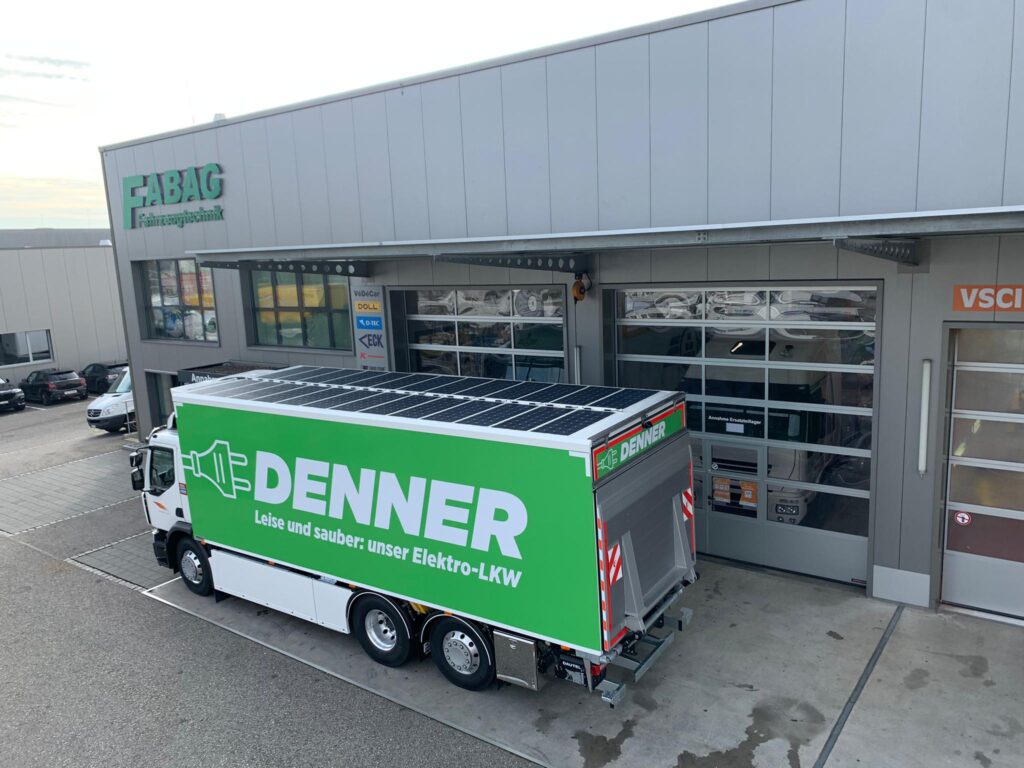
New sustainable tech to benefit refrigerated transport and shipping companies
Sustainability is the focus of almost every industry these days – and, as regulations and public perception continue to shift, making things cleaner, more efficient and less harmful will be both required and expected.
In transport refrigeration, manufacturers and logistics companies are increasingly exploring ways to reduce their environmental impact.
Swiss haulier Rhyner Logistik recently purchased a fully electric Renault Trucks D Wide Z.E., for example, which will be used to supply Denner supermarkets.
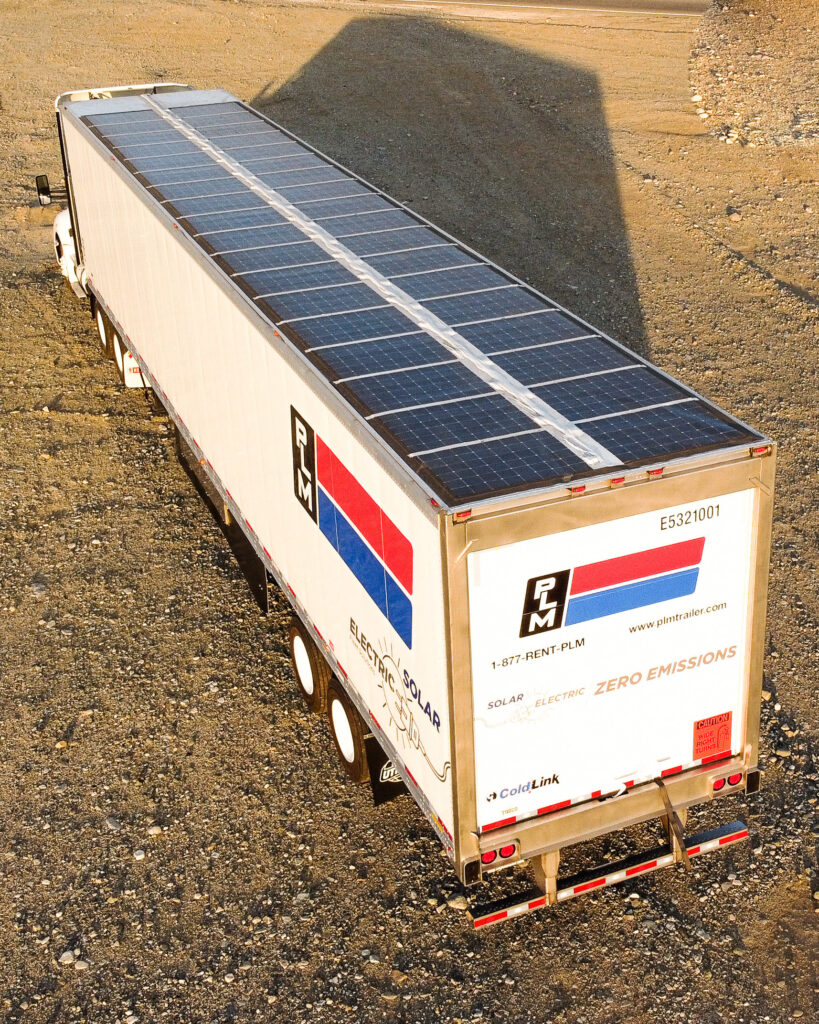
The 26-tonne truck, which has a real-world range of some 180km, is not only driven electrically. In order to further improve its sustainability credentials, Rhyner has outfitted the electric truck with an array of solar panels that are used to power its refrigeration unit.
Such a set-up is ideal for refrigeration trucks, because high outside temperatures are related to strong sunshine – which provides the required cooling power for effective temperature-controlled transport.
Rhyner has also introduced a rapid-charging station at its depot, which tops up the truck while loading to minimise downtime.
New Jersey based cold supply chain trailer specialist PLM has also introduced all-electric refrigerated trailers that benefit from solar panels.
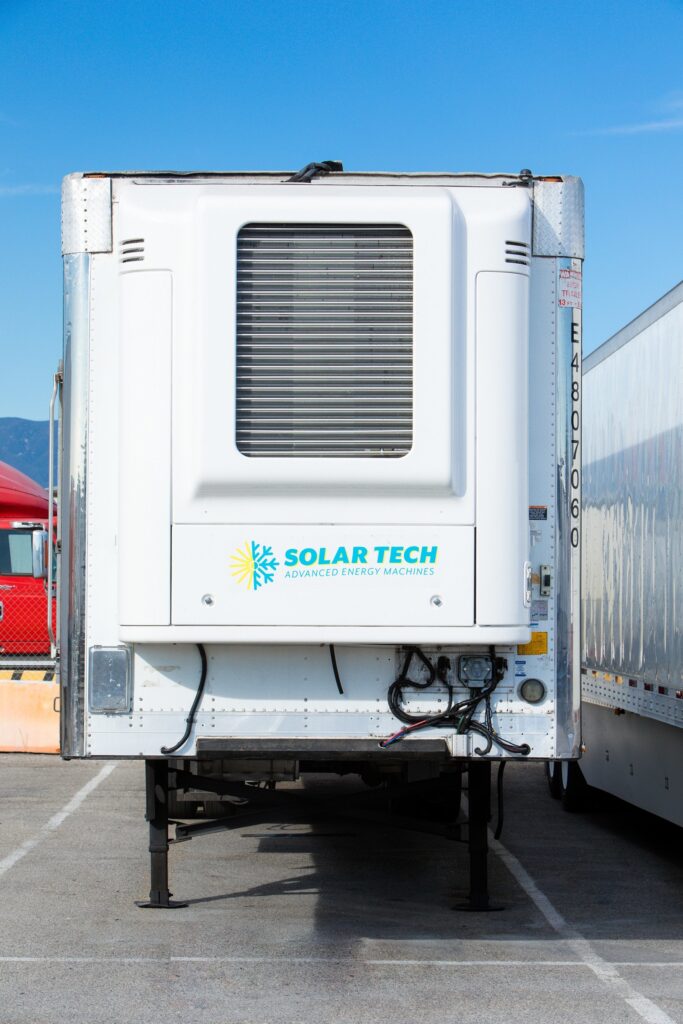
Each is fitted with an Advanced Energy Machines (AEM) Solar Tech Transport Refrigeration Unit (TRU), which features batteries, panels, a control system, cooling and heating systems, and an auxiliary power unit for mains supply.
The TRU, aside from being less complicated than a conventional diesel unit and reputedly weighing the same, can offer more than 30 hours of continuous use between charges. Single- and multi-temperature options are available, as is full-range temperature control, and AEM claims performance that rivals ammonia-based refrigeration systems.
Carrier Transicold, which also focuses on temperature-controlled shipping, has taken a different approach with its Vector eCool refrigerated trailer system. The Vector eCool system converts kinetic energy from the trailer axle and brakes into energy that is stored in a battery pack, which is then used to power the refrigeration unit.
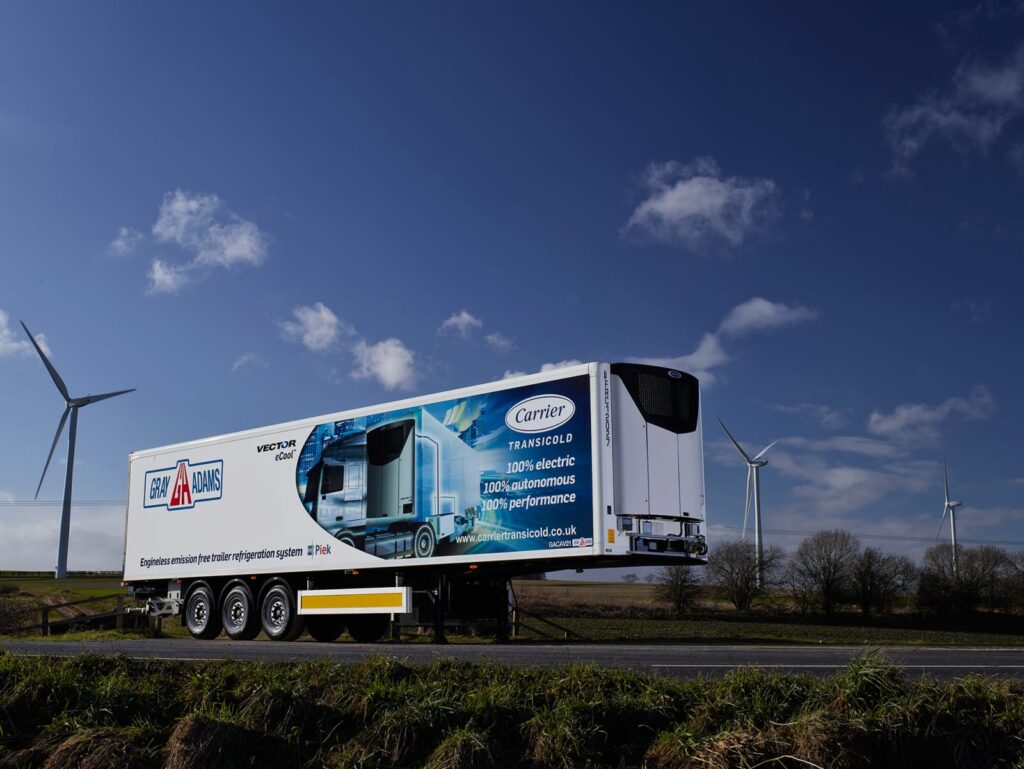
This autonomous system, a demonstrator program for which is currently being developed with Scottish manufacturer Gray & Adams, produces no direct particulate or carbon dioxide emissions. Such technologies, aside from being more environmentally friendly, can also significantly reduce operating costs.
Small-scale solutions are being developed and rolled out, too.
In Europe, temperature-controlled transport specialist Thermo King has collaborated with Mercedes-Benz to create a prototype fully electric refrigerated eSprinter van.
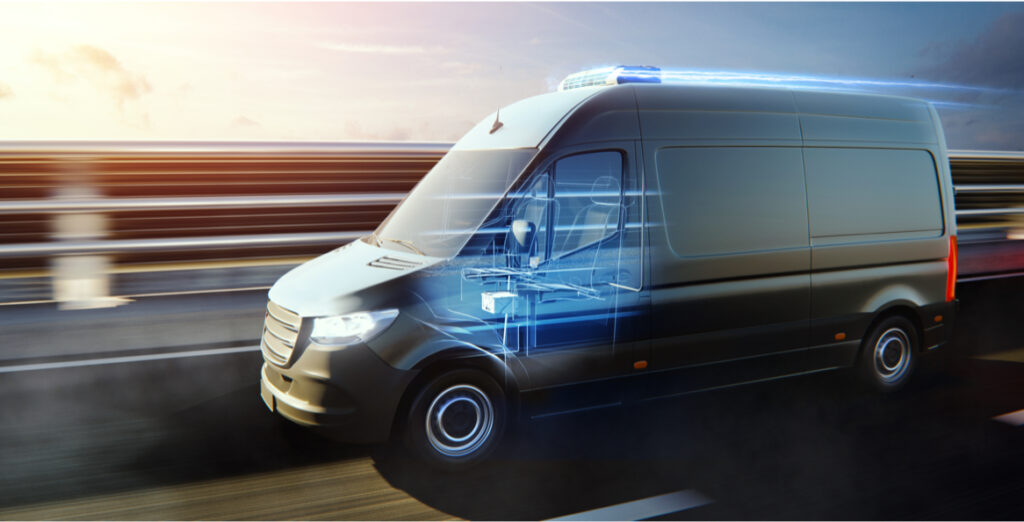
The van, which is called the eSprinter Pharma – and designed for pharmaceutical deliveries – uses a Thermo King all-electric E-200 refrigeration unit and a Thermo King lithium-ion battery.
In one four-week trial, the van racked up a successful 2000km of deliveries while the load compartment was maintained within the required temperature range.
All of this is not to say that the launch of conventional and more accessible alternatives have ground to a halt; Hyundai NZ recently unveiled a refrigerator and chiller variant of its iLoad van with large refrigeration box, capable of tackling a 600kg payload, and twin compressors for air conditioning and refrigerator operation.
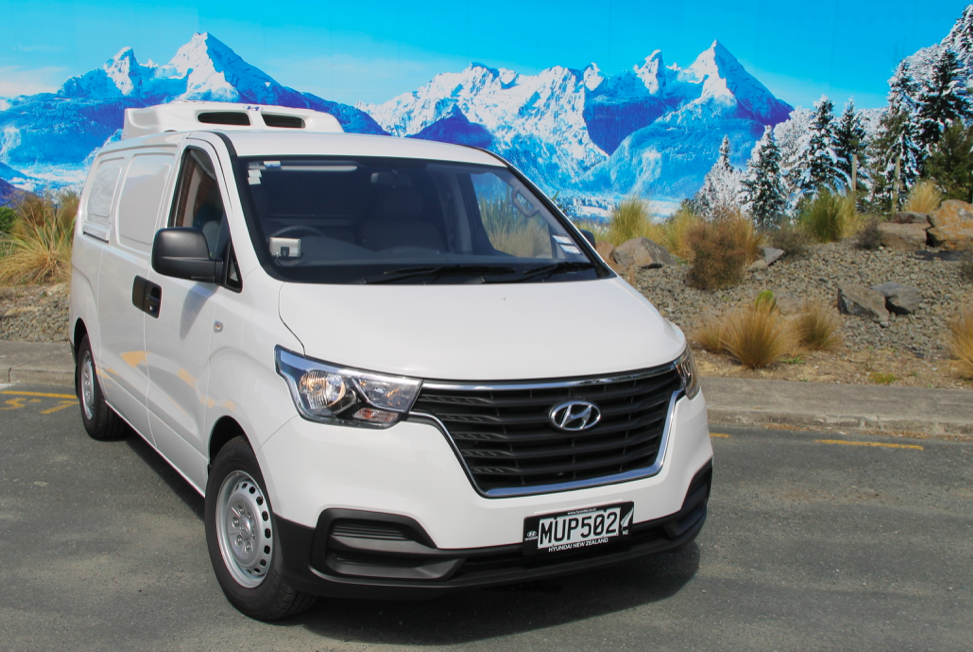
New Zealand funds hydrogen trucks
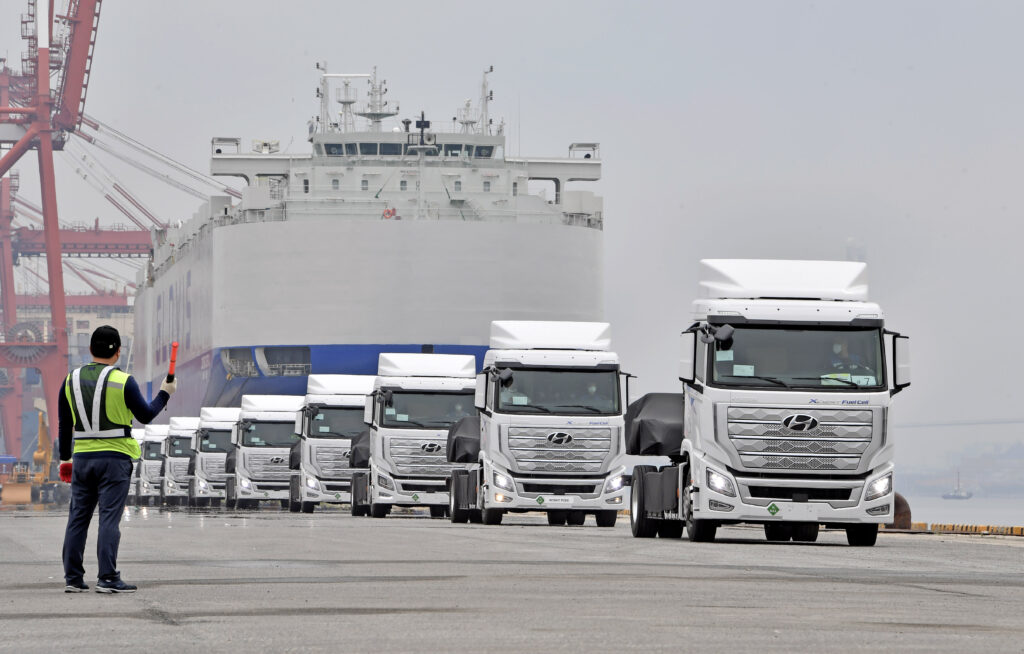
New Zealand’s government has announced fresh investment of $NZ3.7 million ($A3.4 million) for ongoing low-energy transport projects.
The Low Emissions Vehicles Contestable Fund (LEVCF), which is administered by the Energy Efficiency and Conservation Authority (EECA), will allocate the funds between 22 project recipients – which themselves are contributing $A8.7 million.
Among those involved is Hyundai, which will use its co-funding allocation to purchase and deploy five hydrogen fuel cell-powered trucks.

“Demonstrating and proving the potential for electric and hydrogen heavy vehicles is important, as heavy freight has an outsized impact on transport emissions,” said Dr Megan Woods, New Zealand’s energy and resources minister.
This investment, the ninth round of its type, is designed to accelerate the uptake of low-emissions vehicles in New Zealand – and, so far, $A27.3 million in government funding has made its way to 180 projects.
Truck manufacturer Fuso also received co-funding, which will be used to fit out and demonstrate electric trucks to potential customers.
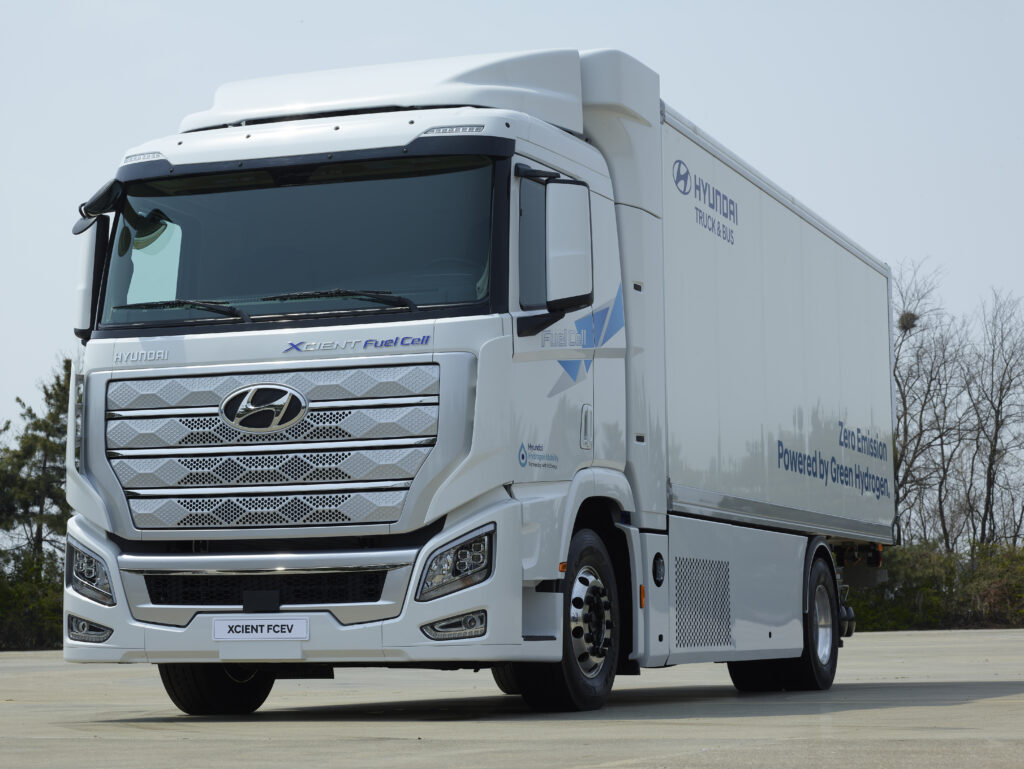
- CategoriesIn SightGlass
- TagsSightglass News Issue 23

